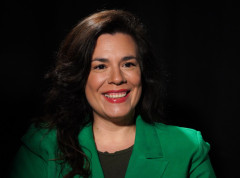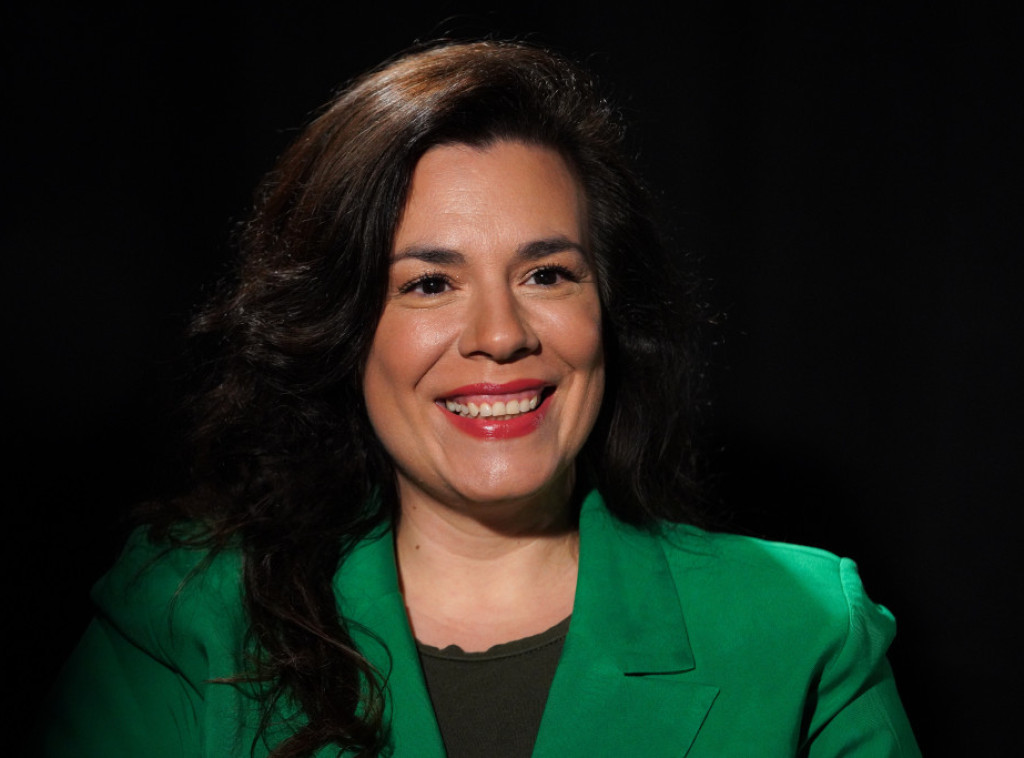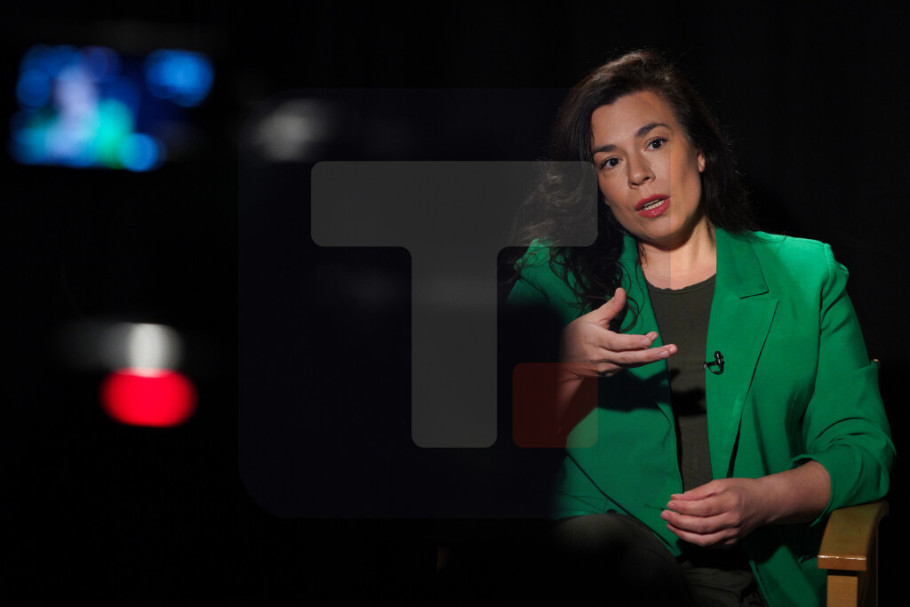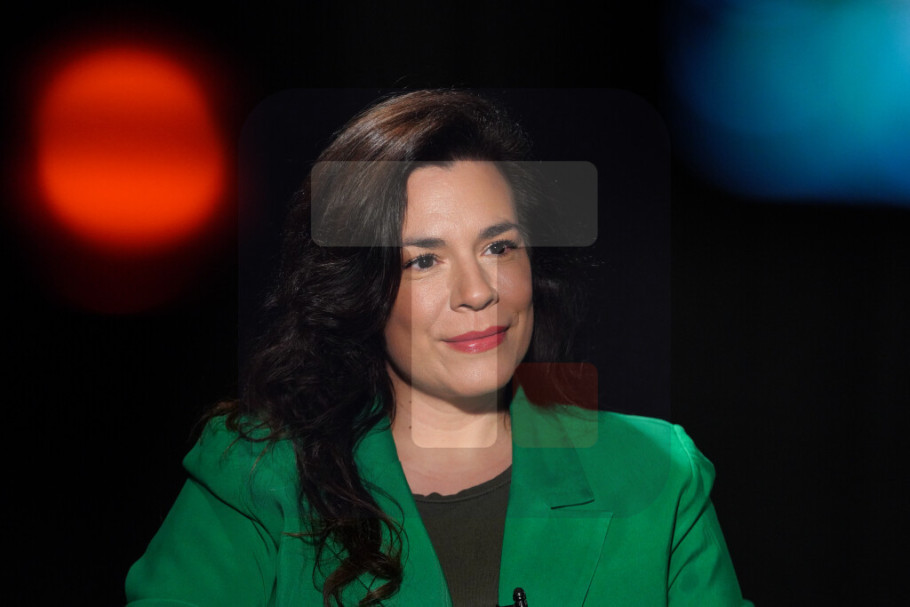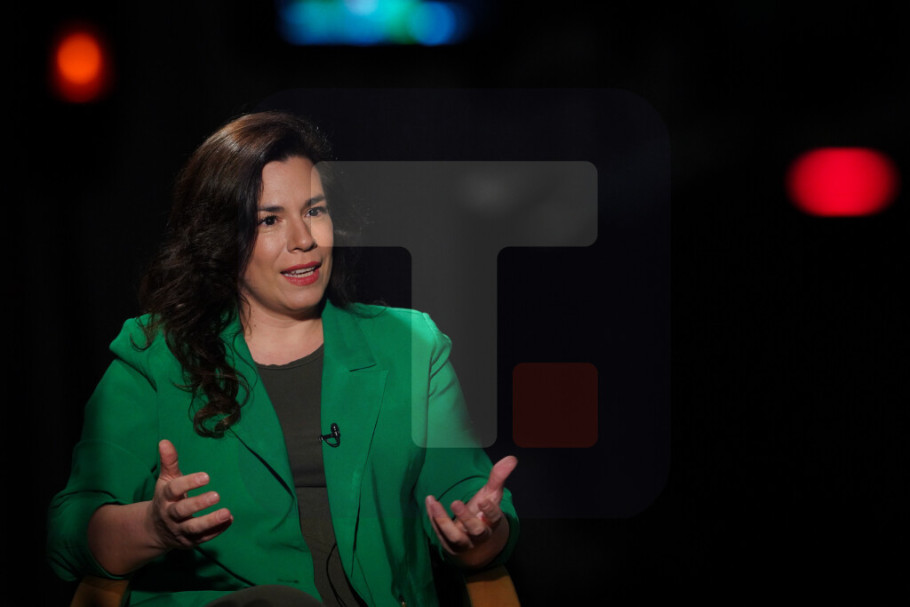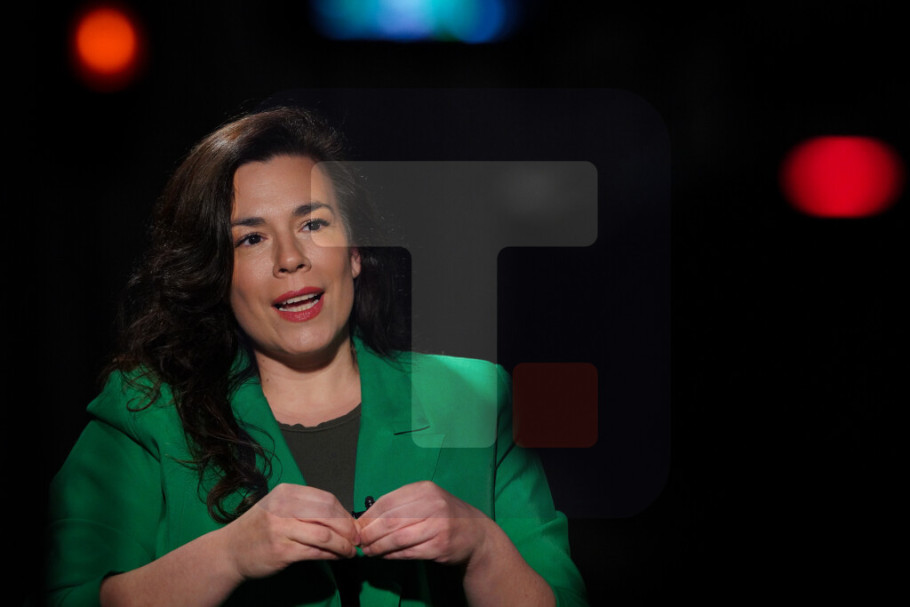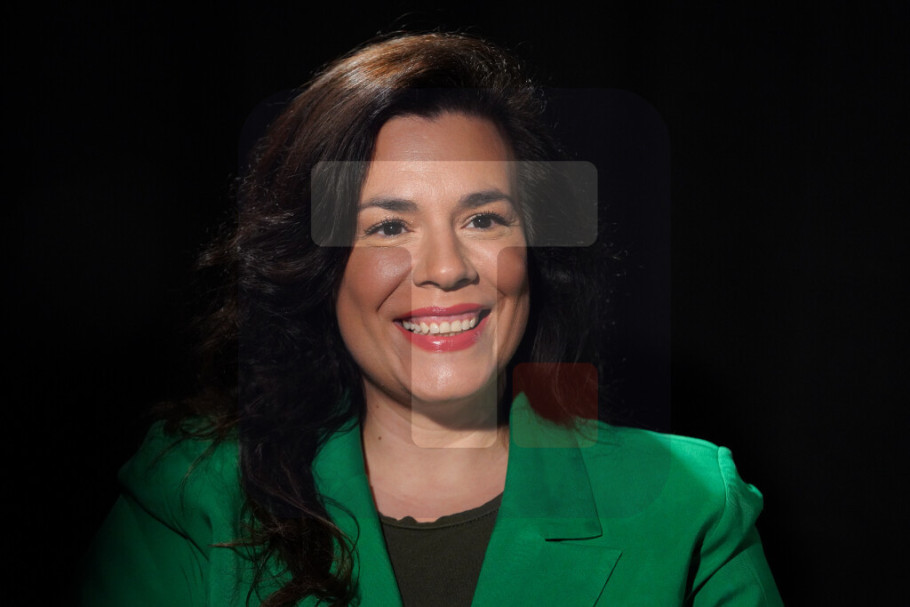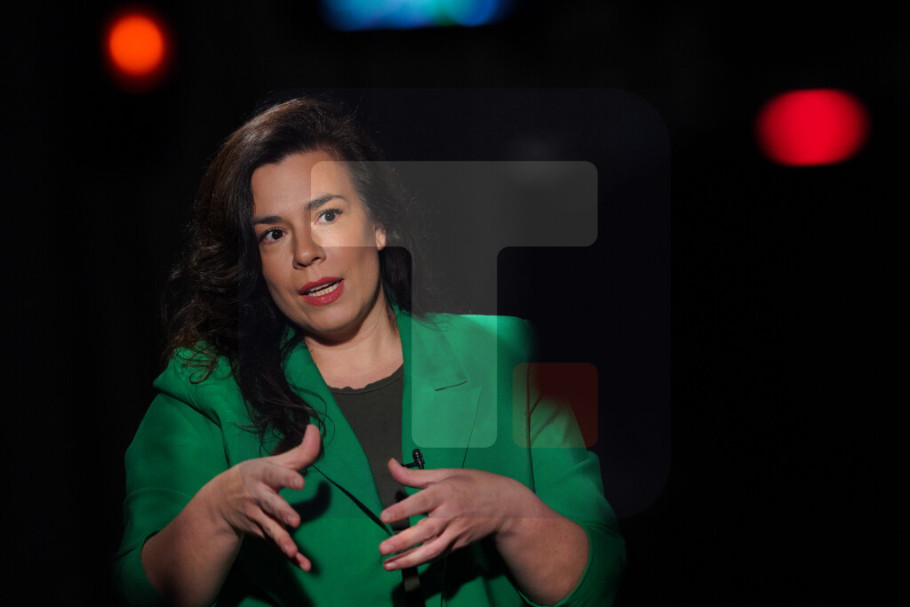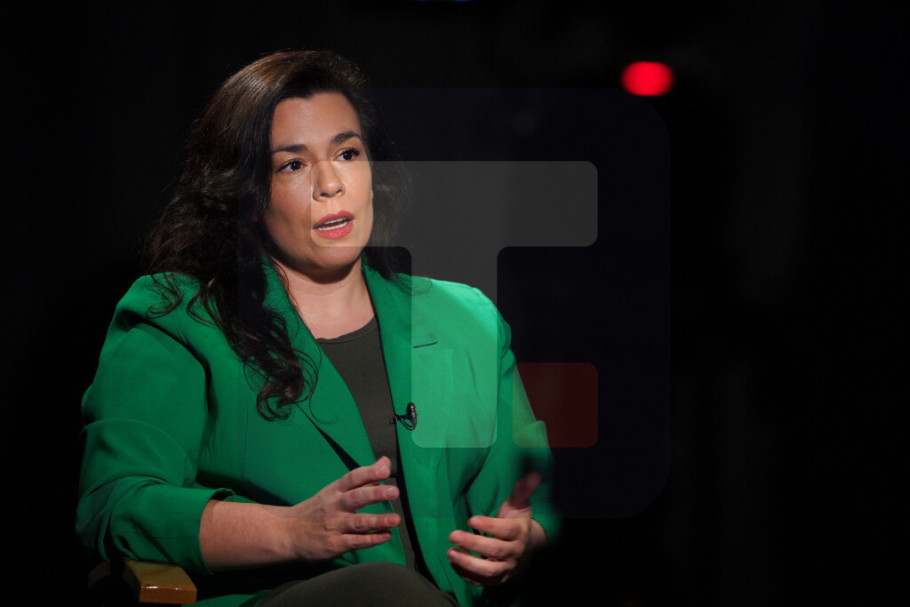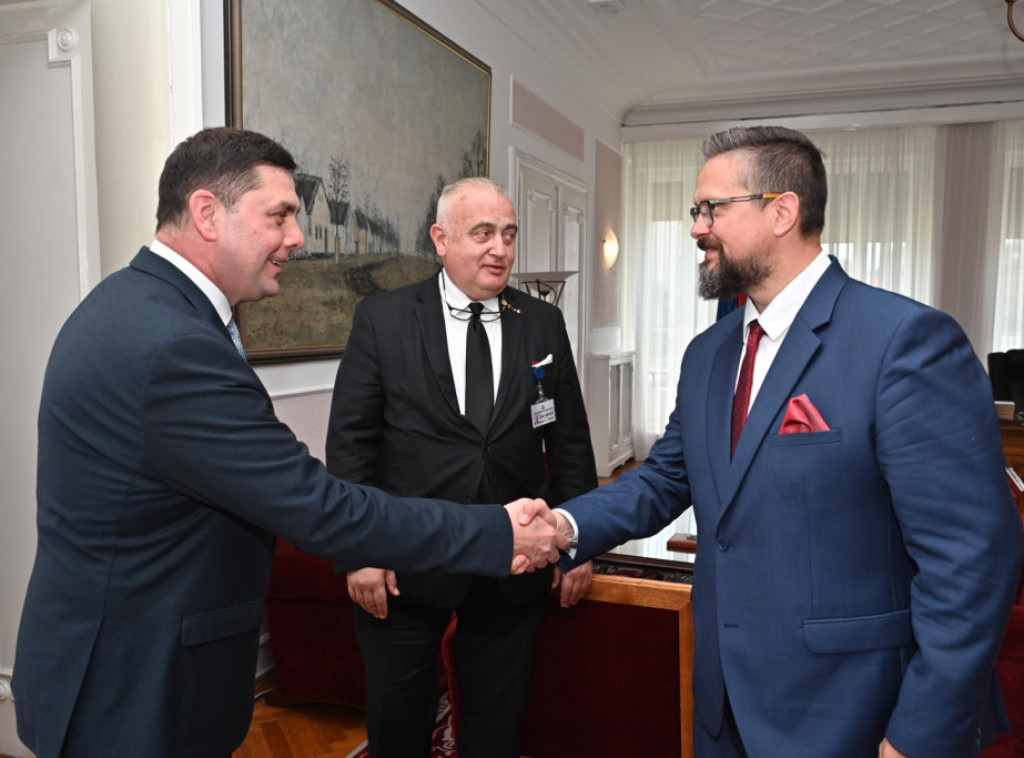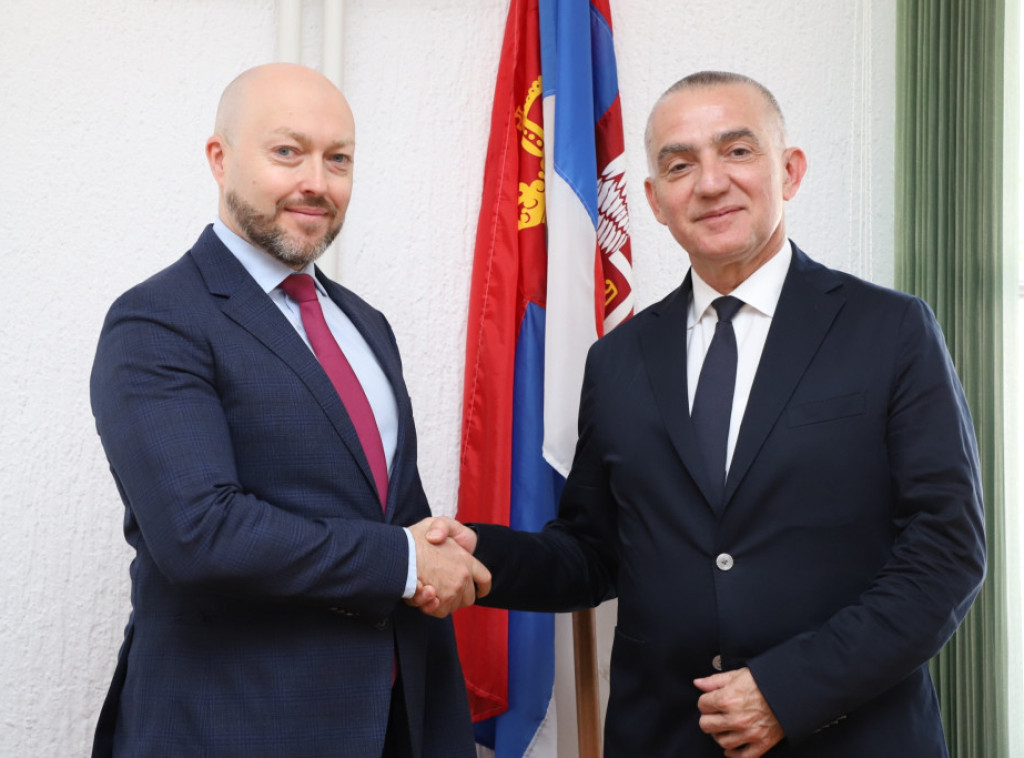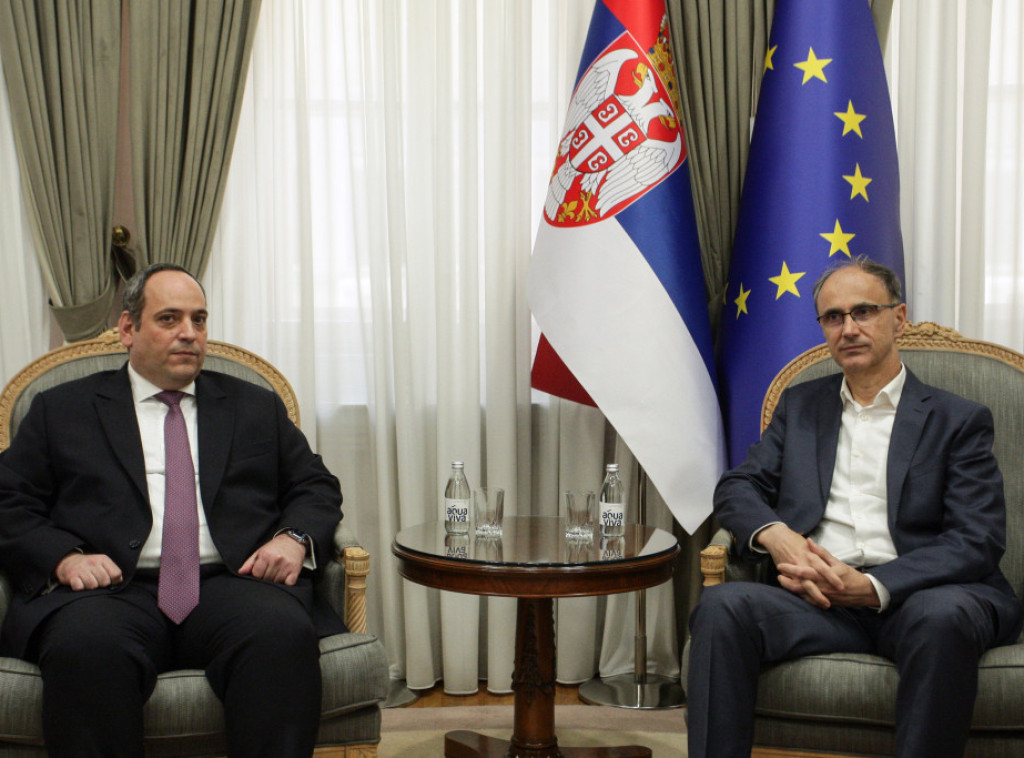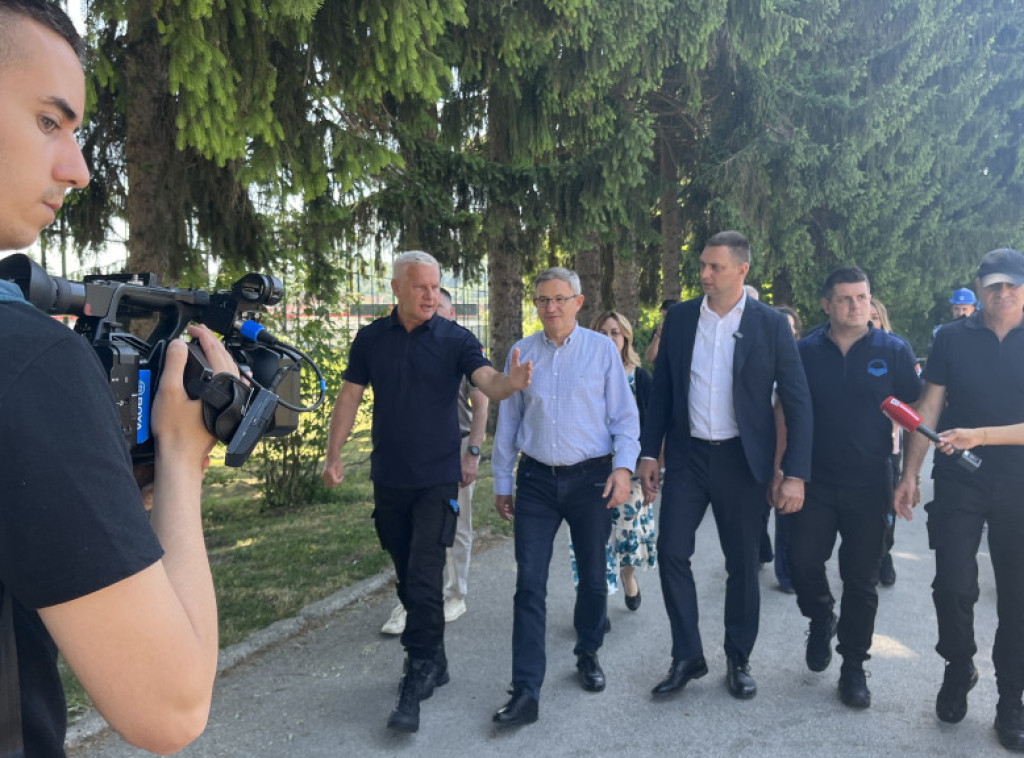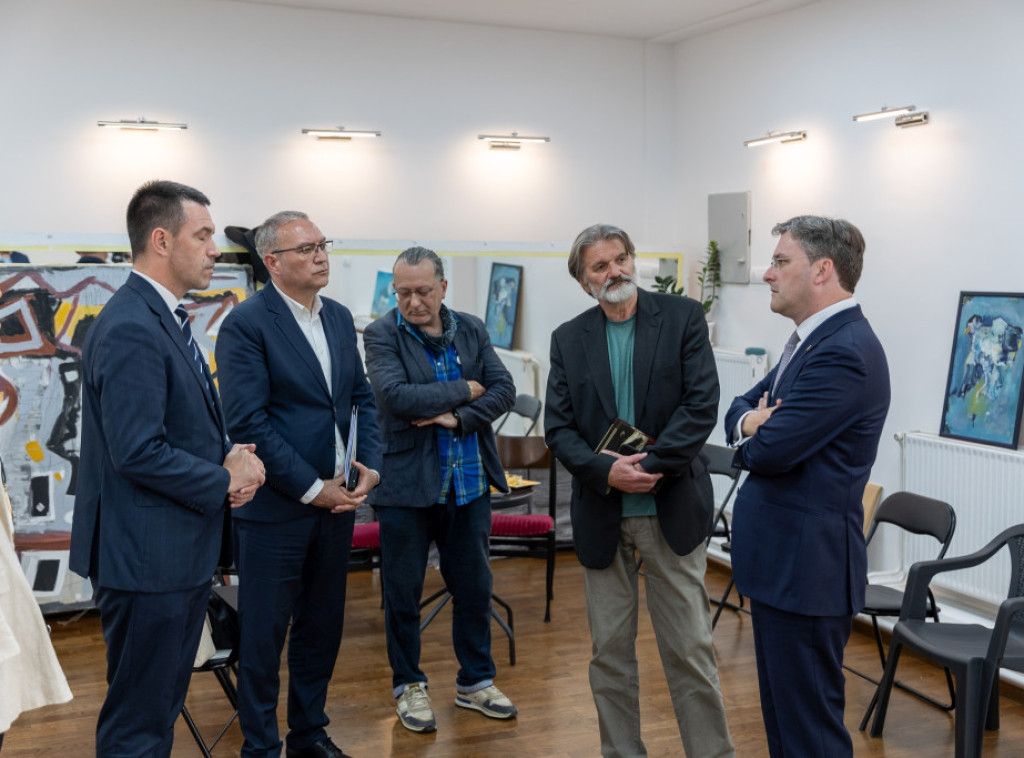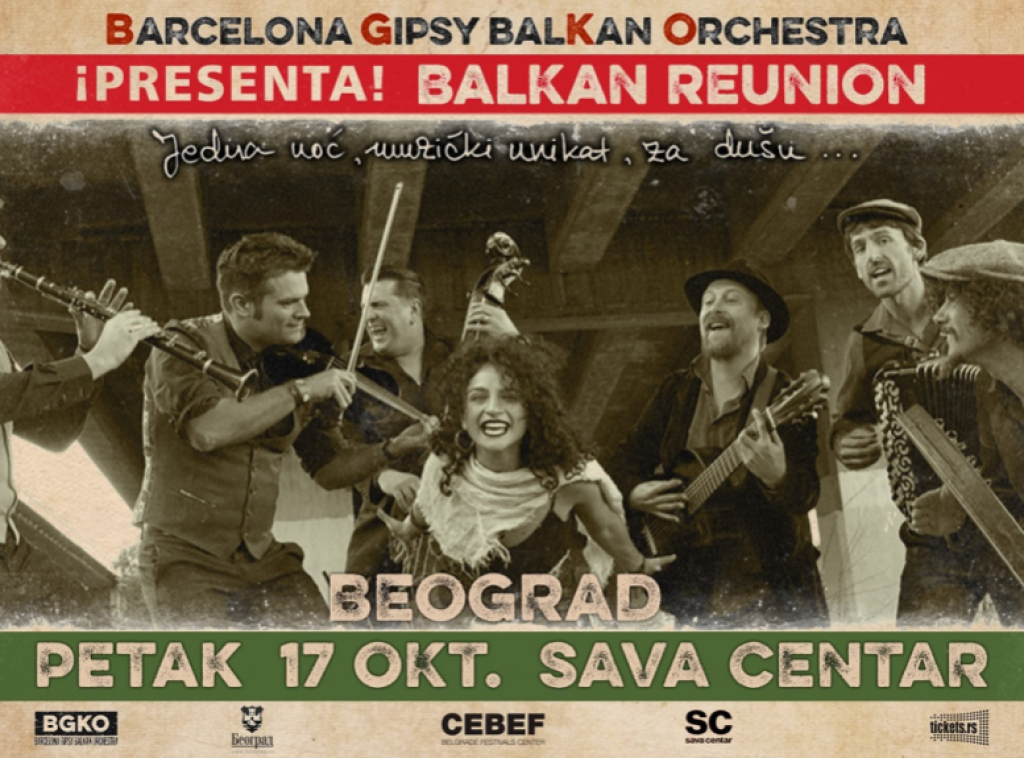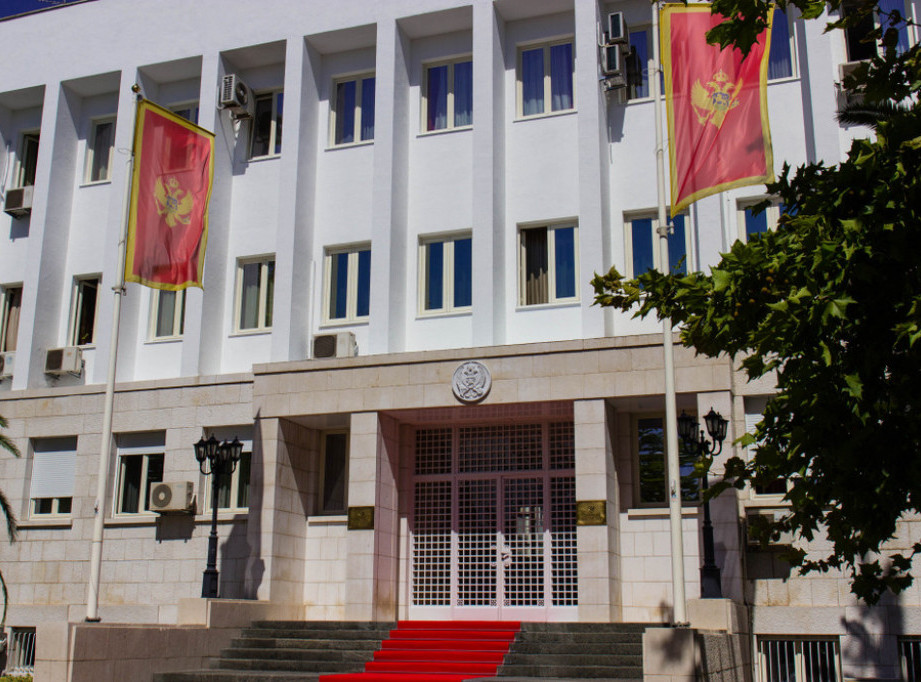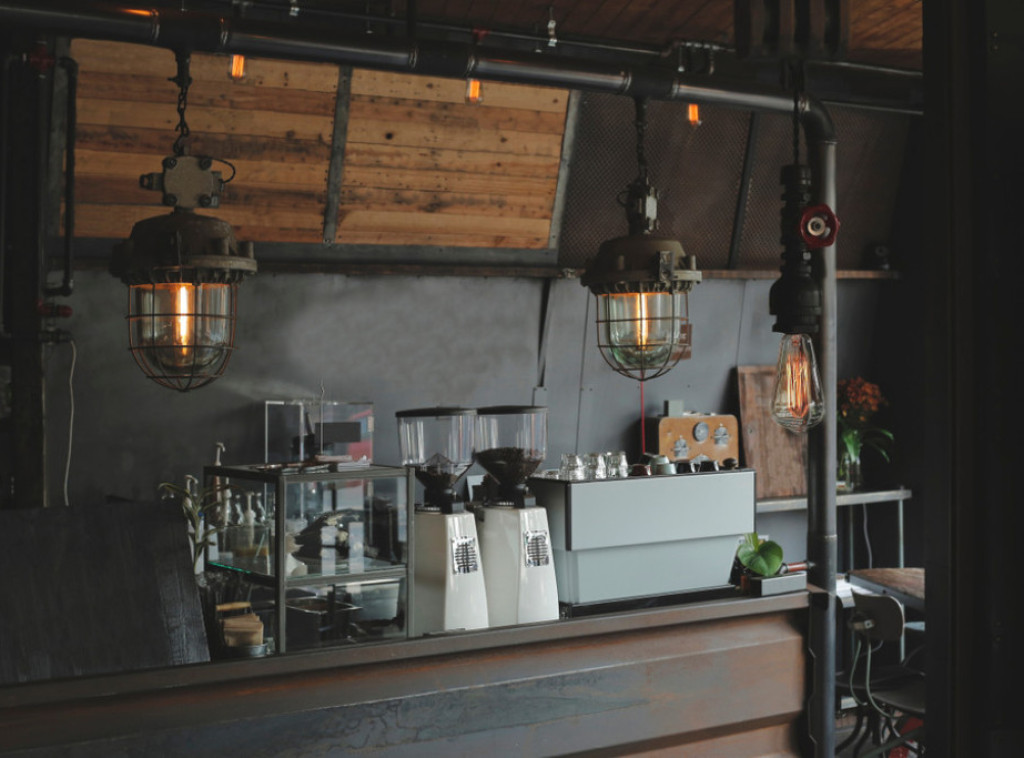Actress Dusica Novakovic spoke about her role as an aunt in the musical “Balkan Express” at the Terazije Theatre. She emphasized that her character is inspired by the role played by Olivera Markovic in the film “Balkan Express”, but it is not a mere imitation; she brought a new energy and dimension to the character. Director Darijan Mihajlovic made it clear from the start that he did not want a film imitation. Novakovic prepared for the role by seeking inspiration from her surroundings and family members, compensating for the years she lacked to make the character believable. She also noted that although the play is labeled a comedy, it contains serious dramatic layers, and the audience relates to the characters as ordinary people in extraordinary circumstances of World War II. At the end of the play, a serious catharsis occurs between the audience and actors, confirmed by audience reactions of laughter and tears.
Political Perspectives:
Left: Left-leaning coverage would likely emphasize the artistic and cultural significance of the musical, highlighting the emotional depth and human stories portrayed, as well as the progressive approach to reinterpreting a classic film without imitation. It might also focus on the empowerment of female characters and the importance of empathy and collective effort in difficult times.
Center: Centrist reporting would focus on the factual aspects of the musical production, the role of Dusica Novakovic, and the connection to the original film. It would highlight the balance between comedy and serious drama in the play and the audience’s emotional response, presenting a neutral overview of the artistic endeavor and its reception.
Right: Right-leaning narratives might emphasize the preservation of cultural heritage and respect for the original film’s legacy, stressing the importance of maintaining traditional values in the arts. They might also highlight the patriotic elements of the story set during World War II and the resilience of ordinary people in extraordinary circumstances.





